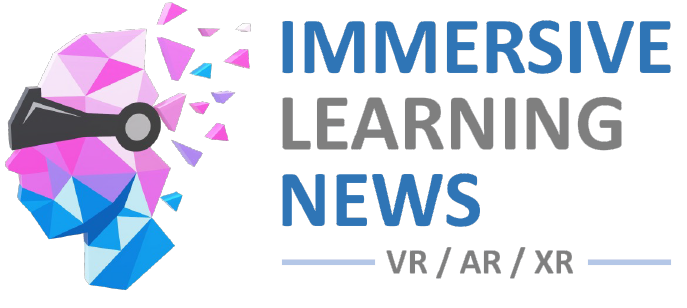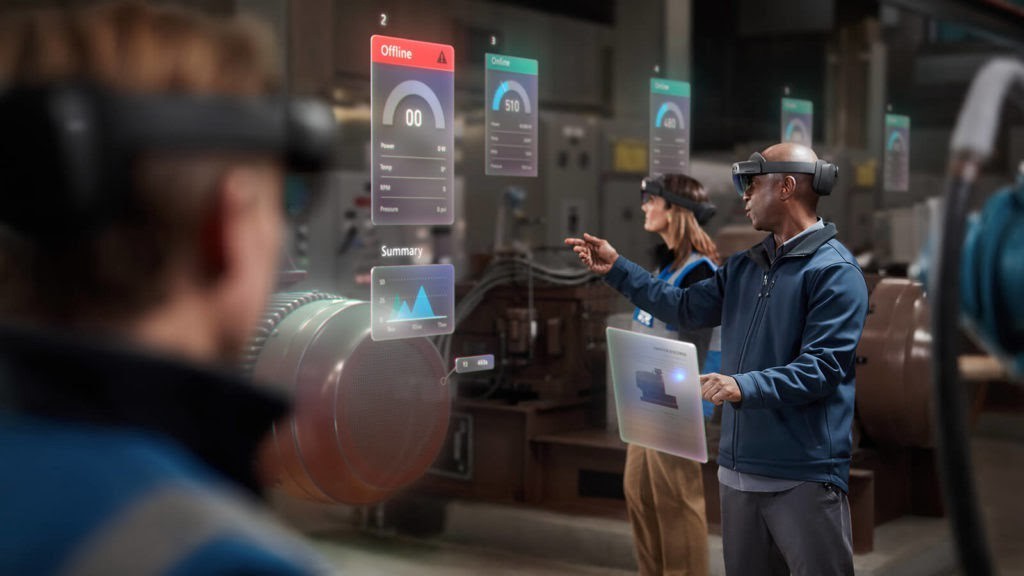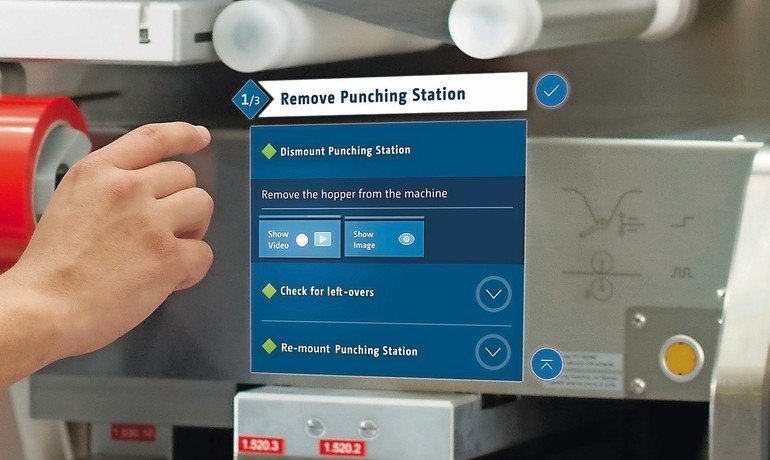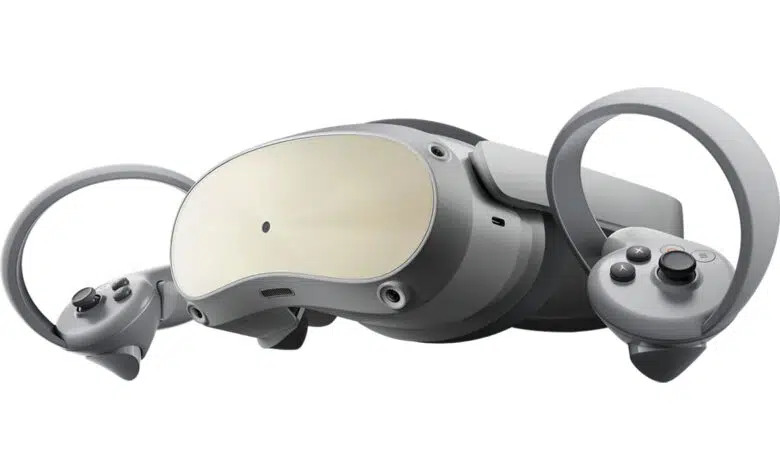Over the last five years, I have personally journeyed down a path to adoption of virtual, augmented and mixed reality (XR) technologies literally from scratch not knowing anything about the technologies or applications. The education and understanding has been endearing and enduring, and today I know and understand it will constantly evolve and change through innovation. Every day I learn more, taking in bits of of new information, referred to as micro-learning, about our digital world and how it will apply to work and education and change everything we do while we live, work and play. There is a lot to learn, even more to process and implement, understanding that today is the slowest day we will ever know.
Where will XR Technologies be implemented first? Believe it or not, Snapchat started in 2011 with their app sharing digital face filters (aka augmented reality or AR) to engage user communication. Already being used by millions of people, Snapchat is already a part of lives daily through digital filters marketing brands to engage the user to buy products. With over over 2 Billion devices AR enabled, applications are reachable and the hardware is ready and available. AR is already working for some brands and conversions of higher engagement are proving the ROI.
Enterprise is investing into POC’s (proof of concept) focused on knowledge transfer, training, marketing and sales. In 2020 we will see more implementation in the market as PwC predicts the potential of $1.5 Trillion value delivered to the global economy by 2030. Already ROI is reaching unbelievable numbers reducing training and converting into millions of dollars saving in time, logistics and travel. Retention rates are creating efficiencies in the work process where businesses didn’t even know they needed them. VR & AR training experiences are now being built with eye tracking, process and selection tracking, evaluation of the employee performance on hard skills, and soft skills like empathy, critical thinking, problem solving and collaboration. All of these measurements are resulting in better performances from employees, and efficiency in the workplace.
Enterprise is taking the leap into XR developments, but what about which industry? the answer is “all of them” even if technology is not a core focus of the service/product offering, every company will become a digital company in some way to connect with the rest of the world.
“Computer & Information technology professions are projected to account for a total of 4.4 million jobs by 2024 in the US”
To support the expected predictions of the market, we need educated talent. We all know, the Education system today is not providing our students with the curriculum or mindset for the work they will be a part of in the future, and that needs to change, fast. We are already witnessing a skills shortage in our support systems today.
We have less than 4 years to implement exponential changes in our classrooms to produce the talent needed to support our economy. XR technologies in the classroom will take a longer path because we have to adjust the curriculum and the way students need to learn. Google answers almost any question we ask now, and we need to change learning for students so they know what to do with this information. Teachers understand the need for change but are limited in their own education and time to train, (acceptance of) funding and curriculum expectations to meet the current school & government standards. How do we make changes in a system slow to make change and lack of understanding of the applications? The students will begin to demand change.
65% of Students entering school today will be employed by jobs that don’t even exist yet
In 2020, students will begin to voice their digital expectations to upgrade softwares and processes fostering from their own personal connections, and this will put pressure in the classrooms to initiate change through defiance of the current systems. As soon as children enter Kindergarten, they are going to be looking to connect digitally, because today, at home they are, some all the time. This will certainly have an affect, if it hasn’t already, in the classroom behaviour and attention span. In 2020, Education needs to accommodate and support not just the digital connection, but fundamentally teach students about the technologies and the applications that one day students will be expected to understand and build themselves to support their own future of work and life.
Learning in 2020 will be a year for everyone to understand what they know and what they need to know to stay connected.
Corporations and education systems need to act on fast changes through acceptance and implementation that will result in support and engagement from the employee and student.
In 2020, everyone must engage with our own mindfulness, strengthen the capacity of our brain, and manage the digital expectations, both personally and professionally. Corporations and Education systems must support this to build a healthy mindset through this fast paced changing world. Beyond the deep breathing, gratitude and exercise, we should constantly be micro-learning and sourcing new ways to become more efficient, remain compliant, socially responsible and engaged building a healthy mentality to face exponential growth. As we build and connect with the global technosphere at an exponential rate, learning is the one sustainable solution every human is able to do and thrive with in their own way. #LearningforLife
MetaVRse is a platform marketplace for future-proof learning launching in 2020. Sign up for early access at www.MetaVRse.com
Quelle:
https://www.linkedin.com/pulse/learning-through-exponential-growth-2020-julie-smithson/




